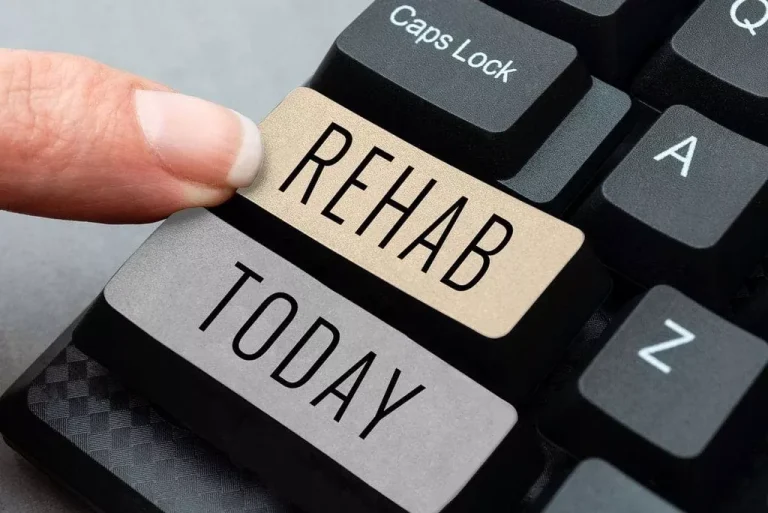But sometimes people don’t even realize they took fentanyl in counterfeit Adderall or Xanax pills or while smoking meth. • Unpleasant feelings including hunger, anger, loneliness, and fatigue. John C. Umhau, MD, MPH, CPE is board-certified in addiction medicine and preventative medicine. For over 20 years Dr. Umhau was a senior clinical investigator at the National Institute on Alcohol Abuse and Alcoholism of the National Institutes of Health (NIH). Our community is about connecting people through open and thoughtful conversations.
How to avoid a relapse when things seem out of control
Relapse means going back to using after you’ve been abstinent for some time. The National Institute on Drug Abuse estimates that 40 to 60 percent of people who were once addicted to drugs will eventually relapse. Possible substitutes can be designated in advance, made readily available, listed in a relapse prevention plan, and swiftly summoned when the need arises. Distraction is a time-honored way of interrupting unpleasant thoughts of any kind, and particularly valuable for derailing thoughts of using before they reach maximum intensity. One cognitive strategy is to recite a mantra selected and rehearsed in advance. A behavioral strategy is to call and engage in conversation with a friend or other member of your support network.
Options for Treatment

Also remind yourself that no relapse is too big to recover from. There is no one who would deny that this has been a stressful year. Our society already suffers from an epidemic of loneliness that has been cruelly worsened by the physical distancing required to keep the pandemic at bay. Supporting a loved one dealing with mental and/or substance use disorders. Trying to push a person toward change who is not ready is rarely effective and may even backfire. It is much more helpful to gauge a person’s readiness to change and take steps that match their stage.

Acamprosate vs. Disulfiram for Alcohol Use Disorder: 5 Differences You Need to Know
- While it is a common part of the recovery process, it can lead to dangerous behaviors that may harm both the relapsing individual and their loved ones.
- When a person gets sober from drugs or alcohol, they may vow to never use or drink again.
- An “ultra-sensitive” new blood test can predict if breast cancer will return years before the disease shows up on scans, researchers say.
- The pros and cons will often weigh heavily on people’s minds, making it challenging to take action.
Not least is developing adaptive ways for dealing with negative feelings and uncertainty. Those ways are essential skills for everyone, whether recovering from addiction or not—it’s just that the stakes are usually more immediate for those in recovery. Many experts believe that people turn to substance use—then get trapped in addiction—in an attempt to escape from uncomfortable feelings. Some people arrange a tight network of friends to call on in an emergency, such as when they are experiencing cravings.
Online Therapy Can Help
While this might seem high or make you think that treatment doesn’t work, this rate is actually low compared to other chronic diseases. Physical relapse is when you begin using substances or alcohol again. Addiction recovery is hard, which is why many avoid facing their issues.
Nevertheless, the first and most important thing to know is that all hope is not lost. Relapse triggers a sense of failure, shame, and a slew of other negative feelings. It’s fine to acknowledge them, but not to dwell on them, because they could hinder the most important action to take immediately—seeking help. Taking quick action can ensure that relapse is a part of recovery, not a detour from it. • Avoid situations where people are likely to use drugs or alcohol.
- However, depression can return one or more times throughout a person’s life.
- Incorporating a variety of techniques into the recovery plan can provide a comprehensive toolkit for managing stress and maintaining sobriety.
Is Relapse a Sign of Failure in Recovery?
On average, people with RRMS have this condition for about 10 years before it progresses to secondary-progressive MS (SPMS). With progressive forms of MS, you may experience symptoms, but they’re more stable and less likely to flare up acutely, as in RRMS. During an RRMS what to do after a relapse relapse, your symptoms may worsen before you experience remission. Depending on your MS severity, you may still have symptoms of MS during remission, but these aren’t as severe as they are during a relapse. Pseudo-relapses do not require treatment with corticosteroids.


Be First to Comment